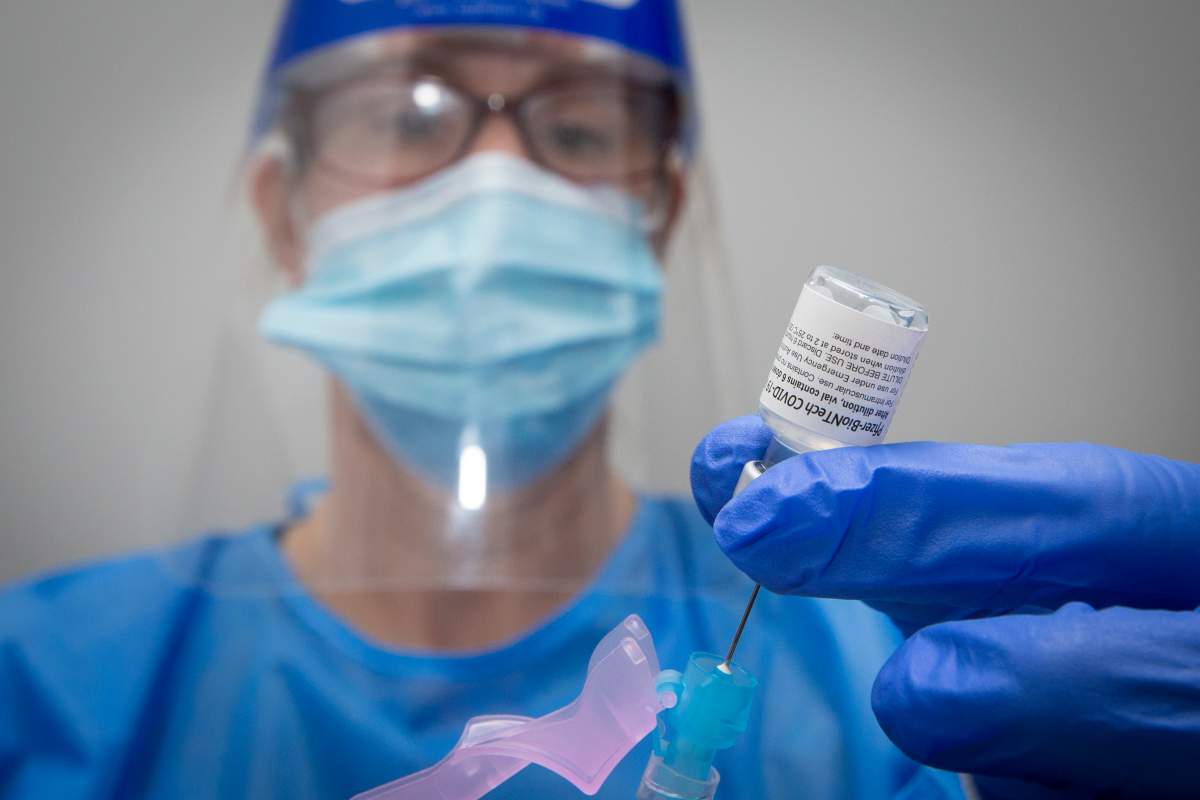Both Kingston Health Sciences Centre (KHSC) and Providence Care announced Tuesday afternoon they would require all staff, volunteers and students working at their hospitals to be vaccinated against COVID-19 by late October.

Tuesday was the deadline given by the province for Ontario hospitals to have a vaccine policy in place.
Although KHSC originally said it would not be mandating vaccines for its staff, the hospital organization changed its tune Tuesday, implementing a stricter policy that says all those working at the hospital must get their first doses by Sept. 21 and their second by Oct. 22.

Providence Care will also require anyone working at Providence Care Hospital, Providence Manor, Providence Transitional Care Centre and any of Providence Care’s community-based mental health and support services sites to have their first and second doses for the same dates.
“Failure to do so could ultimately lead to unpaid leaves of absences or termination,” a statement from Providence Care said.

Get breaking National news
KHSC says failure to be vaccinated would lead to disciplinary action, which could include termination.
Both hospital organizations said in the meantime, all staff who are unvaccinated will be tested routinely for COVID-19 to access local health-care sites.
Both said the vast majority of their staff have shown proof of full vaccination — KHSC stands at around 90 per cent, while Providence Care stands at 86 per cent.
Providence Care says its staff have been given deadlines to show proof of vaccination or exemptions just days before the deadline. All contractors and vendors providing services in, at or on any Providence Care site must also be fully vaccinated.









Comments